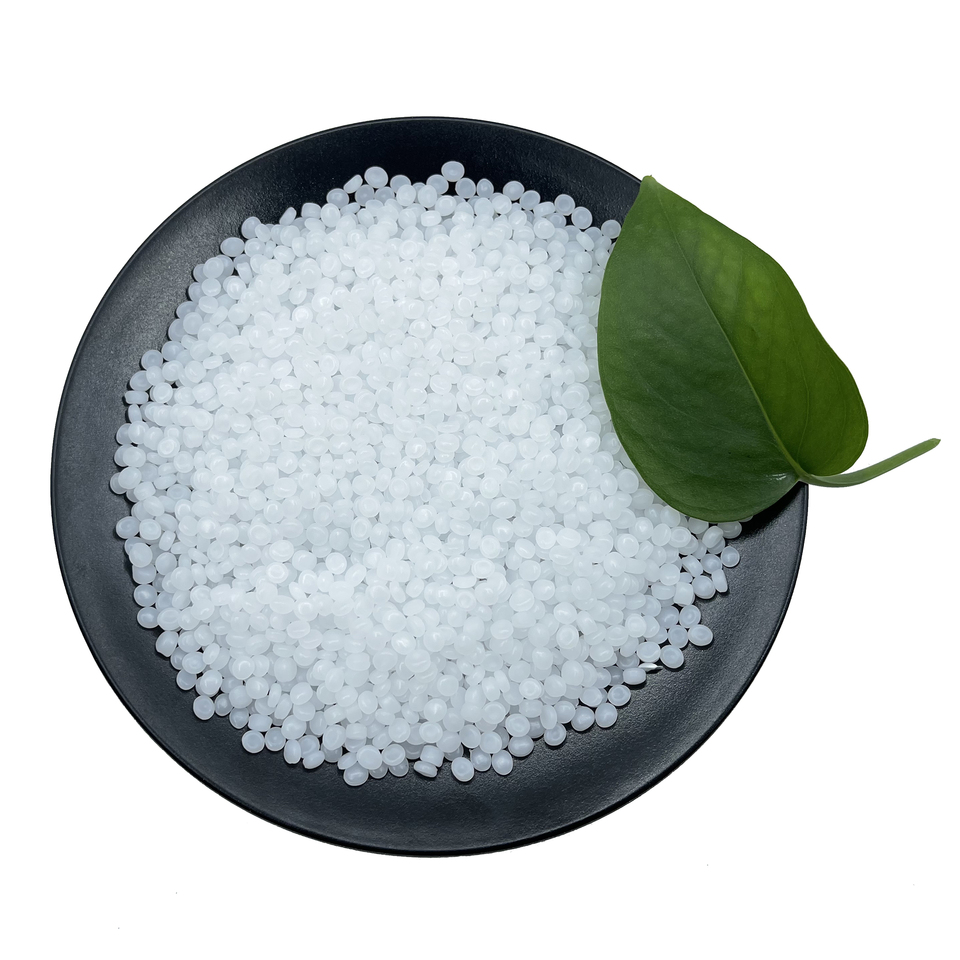
# We sell plastic raw material # Polypropylene Particle
Gas Phase Ontology Method

Gas Phase Ontology Method
A typical representative of the gas-phase propriety process is the Unipol gas-phase process of DOW Chemical Company, a gas-phase fluidized bed Polypropylene Particle process developed by UCCP and Shell in the 1980s, which is a successful transfer of the fluidized bed process applied to the production of Polypropylene Particle to the production of polypropylene. The process uses a high efficiency catalyst system with a high efficiency carrier catalyst as the main catalyst and triethylaluminum, electron donor as the co-catalyst.
The UNIPOL process is simple, flexible, economical and safe; it can produce a full range of products including homopolymers, random copolymers and impact copolymers with only a small amount of equipment, and it is possible to adjust operating conditions over a wide operating range while maintaining uniform product properties. The number of equipment used is small, resulting in less maintenance work and increased reliability of the plant. Due to the limitation of fluidized bed reaction kinetics itself and the low operating pressure which reduces the storage capacity of materials in the system, the process is safer than other processes and there is no danger of overpressure of equipment in case of accidental loss of control.
This process has no liquid waste discharge and very little hydrocarbon emissions to the atmosphere, so the environmental impact is very low and the process is more likely to meet various stringent specifications for environmental protection, health and safety than other processes. Another distinctive feature of the process is that it can be combined with a supercondensing state operation, the so-called supercondensing state gas phase fluidized bed process (SCM). This technology can increase the existing production capacity by 200% by increasing the percentage of liquid phase in the reactor to 45%. Since the amount of liquid content is not an essential factor in fluidized bed instability and formation of polymer agglomerates, the key operational variables of this technology are the density of the expanded bed and the ratio of expanded bulk density to settled bulk density. Since the supercondensate operation removes the heat of reaction most efficiently, it can increase the reactor capacity by more than a factor of two without increasing the volume, which is a significant saving for the investment. Impact copolymer products with up to 17% ethylene content (rubber content > 30%) are available for impact copolymer products.
The core equipment of the process is a gas-phase fluidized bed reactor, a circulating gas compressor, a circulating gas cooler and an extrusion granulation unit. The fluidized bed reactor is a hollow vessel with an enlarged section at the top and a distributor at the bottom. The operating pressure of the first reactor is 3.5 MPaG and the temperature is 67°C, and the operating pressure of the second reactor is 2.1 MPaG and the temperature is 70°C. The circulating gas compressor is a single-stage, constant-speed, centrifugal compressor.
Process characteristics:
(1) the system does not introduce solvents, propylene monomer in the gas phase state in the reactor for gas phase ontogenic polymerization.
(2) short process, less equipment, production safety, low production costs.
(3) polymerization reactor with fluidized bed, vertical stirred bed and horizontal stirred bed.
If you need other plastic&rubber raw material, please transfer to our Product Page and find it!
Hot Tags: polypropylene particle, China polypropylene particle manufacturers, suppliers, factory


















